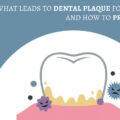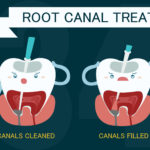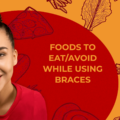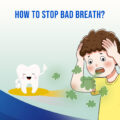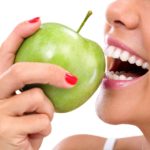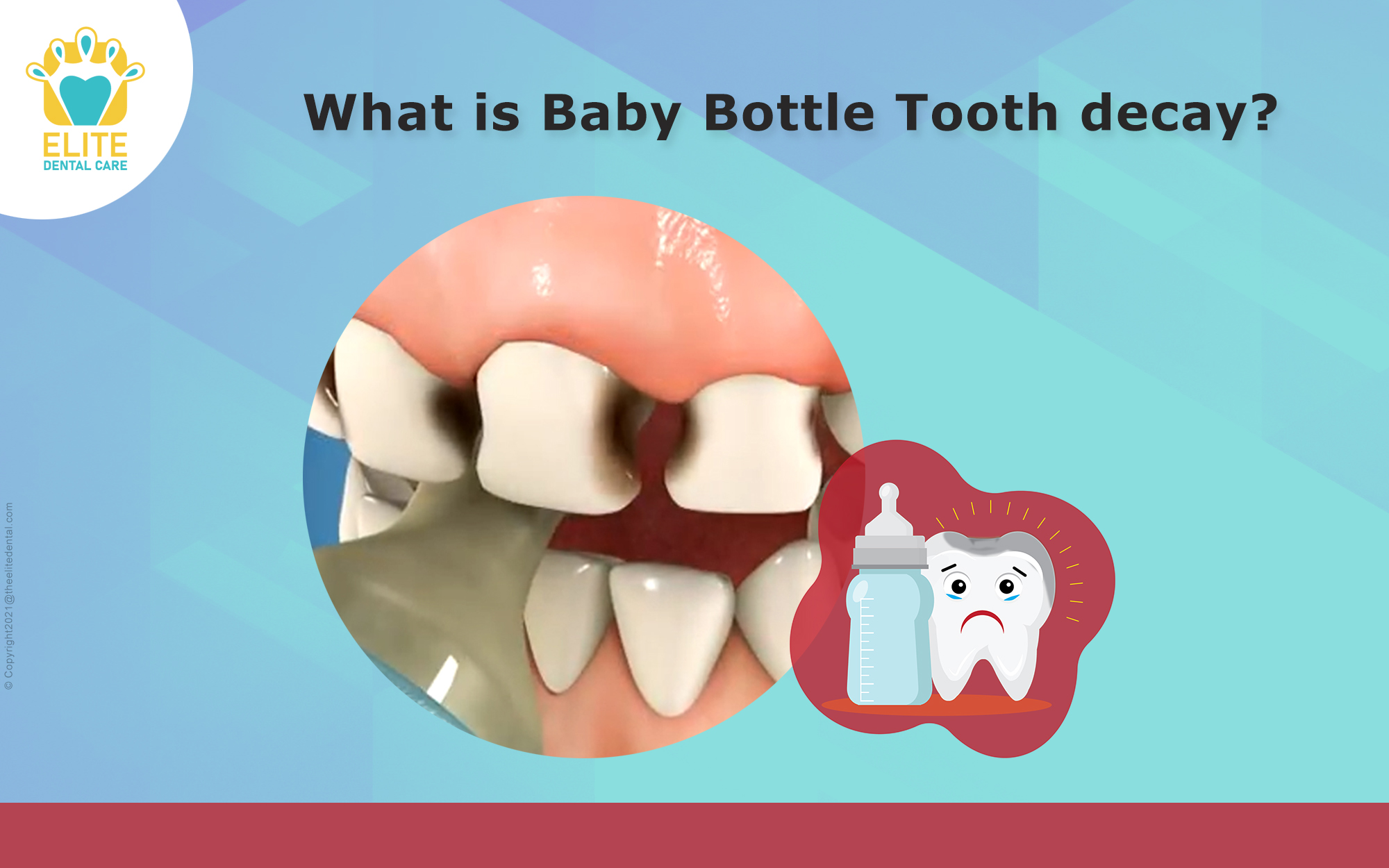
hygiene tipsoral healthRoot Canal Treatment
edental
27 June 2022
What is baby bottle tooth decay?
Who does not like to have sweets, especially if you are a kid? Having sweet is actually a pleasurable feeling and a great way to keep your baby occupied but having too much of sweet can actually affect your baby’s oral health causing baby bottle tooth decay, also called Early Childhood Caries (ECC) caused by the excessive or prolonged exposure to sugar or sweetened liquids deteriorates your young child’s tooth enamel.
It can also be caused by the baby bottle which is used while they are put in bed, or when a bottle is used as a pacifier for a fussy baby.
As a parent it is often hard to help balance your child having a healthy set of teeth and their constant need to eat sweets, proper dental hygiene is essential.
Signs of Baby Bottle Tooth Decay
Have a look at the gum-line of your child’s upper front teeth, if it has white spots on the teeth then it’s a sign of decay.
However, sometimes your child’s teeth are so small that it might be very hard to trace them without proper equipment as it’s barely visible. That’s why it’s recommended to bring your baby to a pediatrician or pediatric dentist when they attain the age of six months, that is when their first set of teeth start to erupt or grow in. In that way you can have a clear way to figure out how to prevent or if it’s already there how to take care of your child’s oral health.
However, issues can arise if decay does start affecting your baby’s teeth and cause several issues such as:
- Pain and discomfort in the mouth
- Expensive dental care till they grow old or emergency care.
- Loss of space or damage to their permanent teeth resulting in your child having trouble growing a healthy set of teeth.
- Oral health issues or other health issues caused due to infections.
Though all this sounds extremely frightening it can be prevented by following some important notes.
Below are a few of the points to prevent or keep your baby’s teeth clean and free of cavities in their early age and to help them grow a healthy set of teeth.
Bottle Feeding
- Don’t let your child fall asleep with a bottle of juice or milk. As the sugar in the liquid remains on your infant’s teeth for hours causing the germs to be born in their teeth and causing cavities.
If you must give your child a bottle, fill it with water. Some pediatricians recommend giving a bottle in the crib at all, while others say that children must first be able to sit up on their own.
- Don’t let your child walk around with a bottle of juice /milk or any other sugary liquid dangling from the mouth.
- 3. Avoid filling bottles with sugar water, soft drinks, or juices and teach your child how to drink from a cup from the age of 6 months.
The American Dental Association (ADA) also recommends you to switch to a cup for your kids, by your child’s first birthday.
- Avoid prolonged use of pacifiers.
Also make sure you never dip a pacifier in honey or syrup.
Pro Tip: Never give honey to a baby under 12 months of age under any circumstances.
Always, limit the amount of liquid juice intake of your child, maintain the proportions.
The American Academy of Pediatrics recommends no more than 6 ounces per day for young children and babies under 6 months should not drink juice at all.
- Encourage healthy eating habits among you and your children as children demand to eat whatever you are eating, and limit sweets in general.
- Infant’s gum should be wiped off as soon as they are done eating. Use a clean soft cloth to remove food bits or plaque.
You can begin brushing your child’s teeth as soon as they grow in.
- Have the whole family brush their teeth together during bedtime, as the children learn from their elders and grow according to the kind of feed they maintain in their early age of development.
- As soon as your child is old enough not to swallow the paste used while brushing, use fluoridated toothpaste. Fluoride helps the teeth resist acid.
Note:
Fluoride is dangerous if swallowed, so keep track of your child until they get the hang of it.
- Floss your child’s teeth after all of them have grown in and have a regular or monthly dentist inspection for your child’s teeth.
Cleaning Tips
Please restrict from sharing utensils, other items and sugary foods that come in contact with your child’s teeth to avoid passing on saliva or bacteria to your baby’s mouth. Such habits can promote bacterial transmission resulting in tooth decay.
